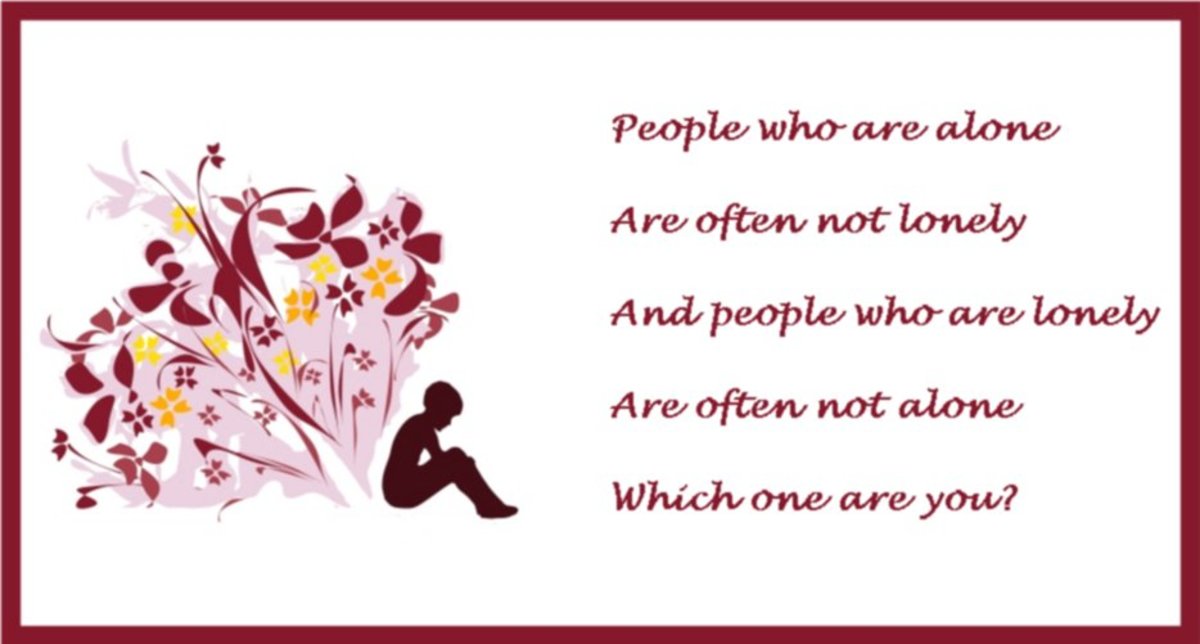Jealousy is more than a thought pattern and a feeling
Bestsellers in Books
Jealousy is a thought pattern and a choice
Where does jealousy come from is a question you and me ask when reading newspaper stories of crimes of passion. Why is this emotion so strong that it can be a destructive force not only in the life of one person but also in the life of society? Why can a husband, for instance, lose his cool to the point of shooting his wife? Why can an emotion such as love that is supposed to be the greatest of all emotions give in to jealousy in many instances? Why do long-time bonds of friendship or even blood kinship crumble down from the weight of jealousy?
Psychologists say jealousy signals a lack of self-esteem and a cry for help. A lack of self-esteem can be rooted in a number of factors: past experiences of discrimination or rejection, a perception of being limited in a particular area of one’s life or a sense of being overtaken by a rival or a competitor. The other reason for being jealous can be a conscious or a subconscious cry for help as in the case of a girlfriend who doesn’t get a call on weekends the way she used to in the past. Or in the case of adult siblings who had a history of sibling rivalry since childhood.
For people who are familiar with the Bible, the story of the brothers Cain and Abel is a case of jealousy at its height. Cain murdered Abel because the former was so jealous of the latter. The story was that the smoke of Cain’s animal offerings to God were not going straight to heaven whereas the smoke of Abel’s offerings were going straight to heaven. Another biblical story is the story of Joseph and his ten brothers.Joseph was known to his brothers as his father’s favorite. For this reason, Joseph’s 10 older brothers conspired against him and sold him to slave traders while telling their father that the boy had been mauled by an animal. The story didn’t end there, of course. Another example of a story on jealousy is the case of the green-eyed goddess Hera in Greek mythology. Hera was always plotting against one of the females who caught the roving eye of her philandering husband, Zeus.
Jealousy as an emotion was already working in different settings throughout human history. To explain jealousy as a force in human nature, scientific studies relating this emotion with the primates’ instinct to fight for food to survive has gone too far as to make the instinct to get food similar to the instinct to go to war. The conclusions of the study on primates and human beings going to war as similar, of course, has been a cause for a big debate. Here’s a link if you want to read more. http://www.marxists.org/archive/reed-evelyn/1970/aggressive-ape.htm
There are studies on the social dimension of people’s emotions that there is such a human factor called pain-body. This factor is an addiction to loneliness according to Eckhart Tolle, a spiritual teacher who is not aligned with any organized religion. http://www.eckharttolle.com/ This addiction to loneliness feeds on loneliness, distrust and anything that makes a person hooked into the root causes of his/ her loneliness, according to Eckhart Tolle.
It is not as if humanity has no choice but to eventually go down the mire of unhappiness. The opportunities for enlightenment are just all around. It is finally the self and a caring society that are needed to lay the pain-body to rest. Being jealous is a pain-body connected with other pain-bodies. Until people realize that they are nurturing their pain-body every time they unnecessarily get jealous, aggressive, mean, etc. the pain-body will thrive.
There are writings on the sociology of jealousy for people to understand better why people are jealous and how this emotion should be dealt with. Margaret Mead, an American Anthropologist has shown that jealousy can be influenced by social factors. She wrote that cultural learning can influence the situations that trigger jealousy and the manner in which jealousy is expressed. Attitudes toward jealousy can also change within a culture over time. For example, attitudes toward jealousy changed substantially during the 1960s and 1970s in the United States. People in the United States adopted much more negative views about jealousy within this period. http://en.wikipedia.org/wiki/Jealousy_sociology
There is another view that some sociologists believe re-enforces and therefore aggravates jealousy. The capitalist view that adheres to the concept of absolute private property is among the thought patterns that justifies jealousy. The family as a concept that sprung from the idea of private property drives the notion of partnership in marriage as a kind of legitimized ownership of one’s spouse. The crimes of passion that newspapers report every now and then spring from the idea that the wife is the husband’s private property and vice versa. There will certainly be pros and cons if this view becomes a topic for debate. However, surfacing this particular view may also provide an opportunity to understand the beginnings of jealousy and how this feeling is dealt with.
When jealousy gets the better of you, these steps may help:
1) Remember the concept of the pain-body. Don’t feed your
pain-body by persisting on the self-destructive emotion.
2) Get help from Mother Nature through Yoga, Taichi, Qigong or
other forms of meditation.
3) Go back to the concept of deep respect and dialogue with
whoever you need to talk to regarding your emotional burden
4) Think of the millions of people in the world who are hungry and
unloved. You can wish them well and then take a step on what
you can do to ease their pain
5) Visualize yourself as a legitimate child of the universe, not a child
of a lesser god.
6) Choose to feel secure. If you suspect that your jealousy is
somewhat becoming a compulsion, seek professional help.
For a feast of colors, please just follow the link below.



















